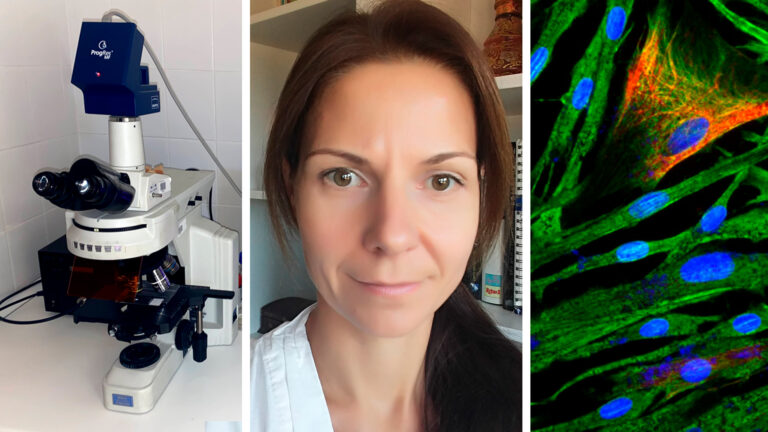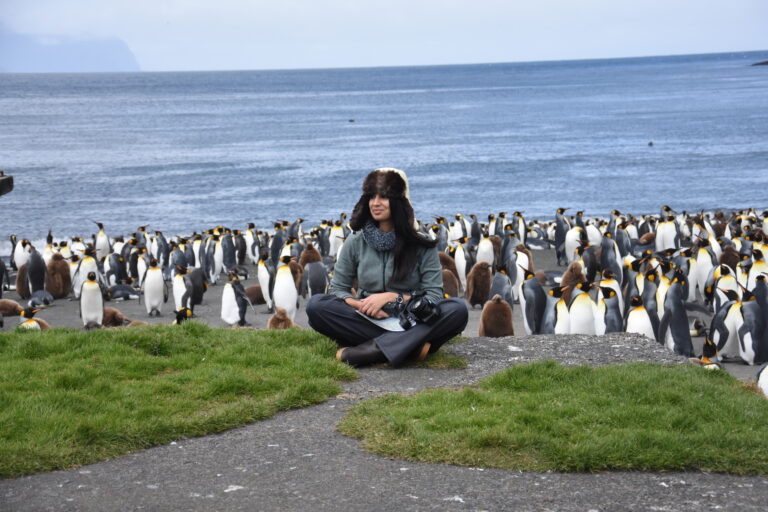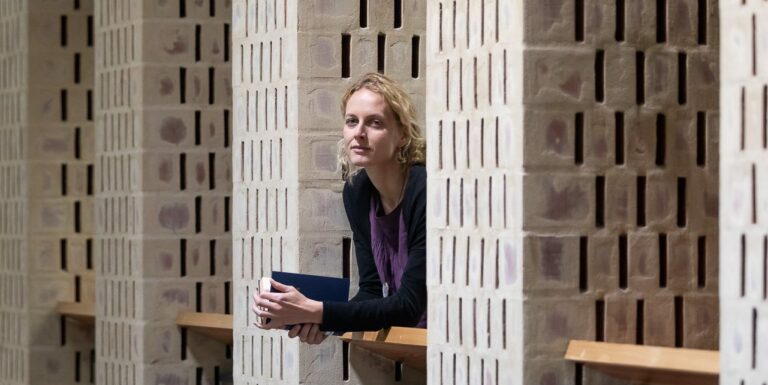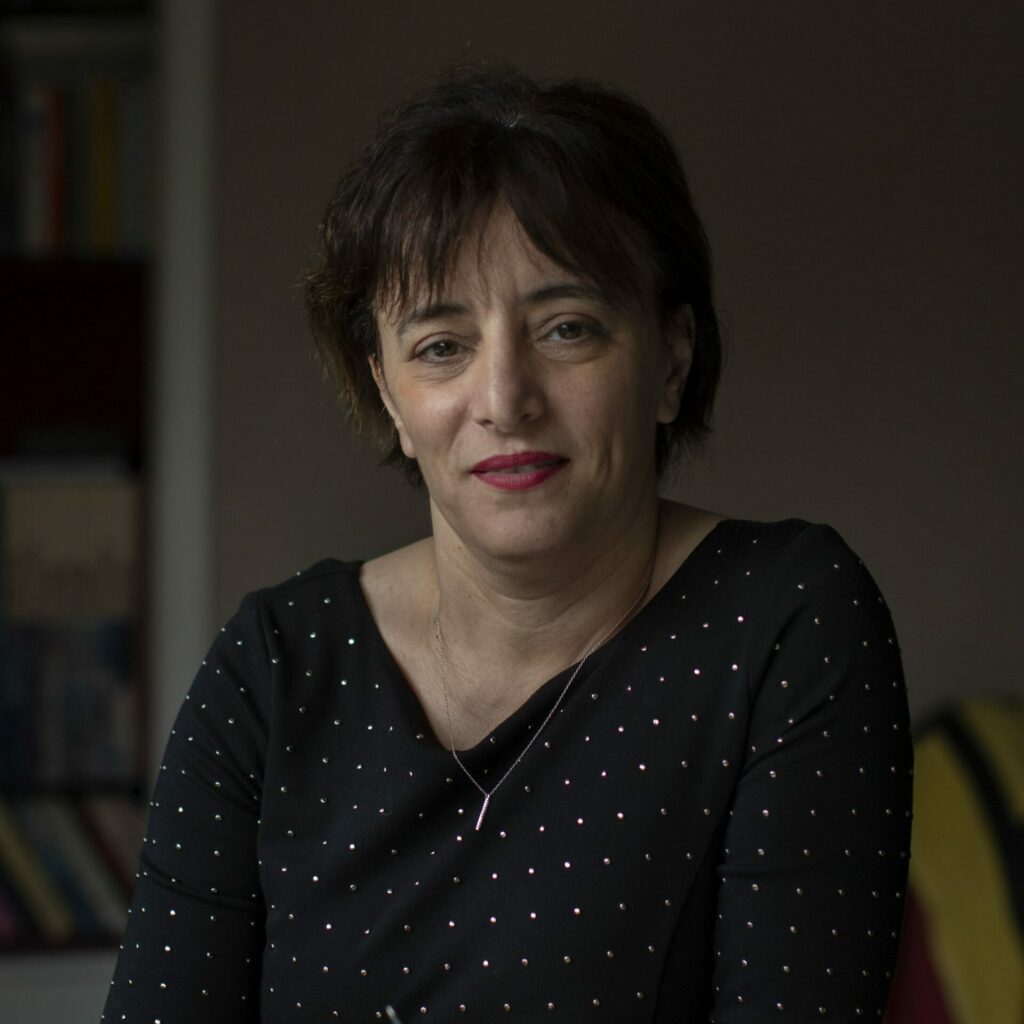
To Bridge the Gap between Politics and Science, One Needs to Think Outside the Box – Just Ask Climate Mitigation Scientist Dr Yamina Saheb
In the series “33 questions” we introduce, in no particular order, our WiRe Fellows who are currently working on a research project here at the University of Münster. Why 33? Well, if we think of the rush hour of life, it is kind of the age that lies in its middle. And we also like the number😉.
In today’s episode we are speaking with Dr. Yamina Saheb, climate mitigation scientist and passionate lover of architecture.
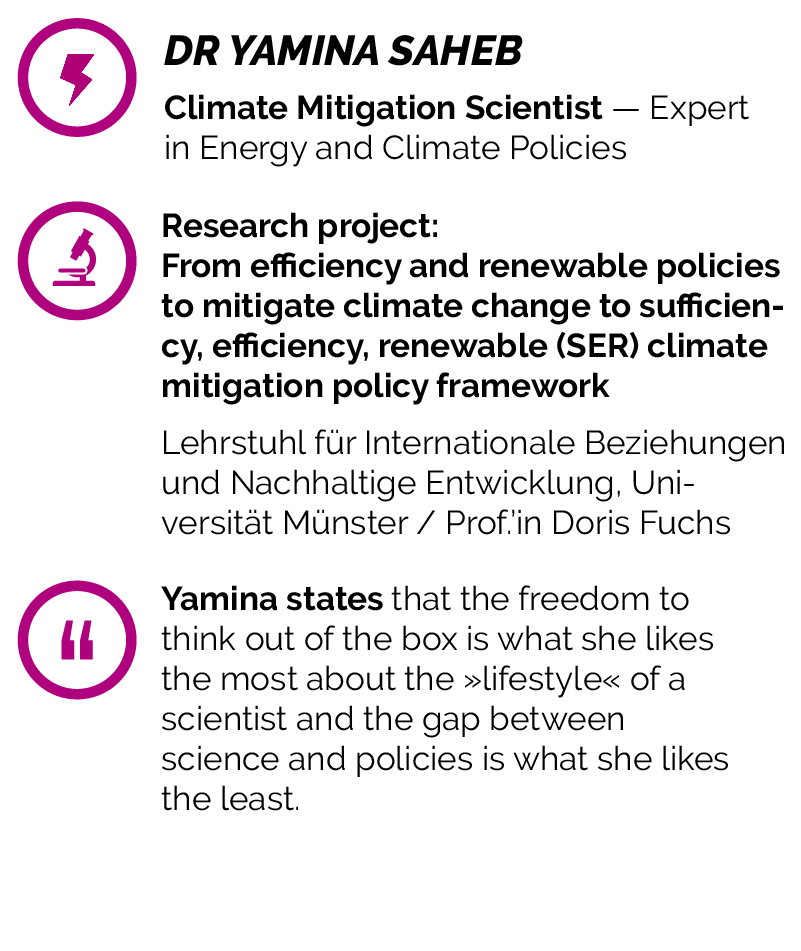
1. What motivated you to work in the field of climate mitigation?
Sustainability on earth and well-being of people.
2. Describe your daily work in three words.
Reading, analyzing, writing.
3. Describe your research topic in three words.
Avoiding climate breakdown.
4. A good climate mitigation scientist needs…?
to be open to other disciplines.
5. What is the best experience you have had as a scientist/researcher?
My participation to the IPCC (Intergovernmental Panel on Climate Change).
6. What was your biggest research disaster?
I had someone in my team with a good list of publications but no interest in the research field.
7. Which (historical) important scientist would you like to have dinner with? What would you ask?
Einstein. I would ask him how to bring physics to climate policy debate.
8. If time and money were no object: Which research project would you like to do?
Research on breast cancer.
9. Which experience in the world of science disappointed you most?
Authors of scientific papers with no contribution to the paper.
10. What was the funniest moment you had in science?
We mixed up data sets and ended with unrealistic results. We laughed for hours when we saw the results and worked the whole evening to find the error.
11. How did you survive your PhD time?
Quite well. I finished the work within three years as planned. I enjoyed working remotely with US-based researchers. This increased the number of working hours on my project. I was working during our daytime and the US colleagues were taking over during our night-time.
12. What direct or indirect relevance does your research have for society?
My research is about designing policies to ensure wellbeing for all within the planetary boundaries.
13. How did you imagine the life of a scientist/researcher when you were a high school student?
Lonely.
14. Is it actually different? In what way?
It is actually the opposite. I am never alone. I am always working with others. What I like the most, is to be involved in different groups with a variety of scientific backgrounds.
15. What do you like most about the „lifestyle“ of a scientist? And what least of it?
The freedom to think out of the box is what I like the most and the gap between science and policies is what I like the least.
16. Do you think your career would have evolved differently if you were a man?
Definitely. I work in a male-dominanted area of expertise which triggers more opportunities for men than for women.
17. If you were the research minister of Germany, what would you do to improve the situation of women in science?
I would change the selection criteria for the assessment of a scientific career to adjust for the biases women are victim of.
18. If you had a daughter, what would you advise her not to do?
Never give up on your dreams.
19. How would you explain your research area and topic to a child?
A few years ago, I explained to my niece (she was four years old) what my research is about as follows:
It was during Christmas time; I opened the window and she immediately complained about the cold. I closed the window and told her my research is about avoiding people feeling bad because of the weather.
20. What is the biggest challenge for you when it comes to balancing family and career?
My sleep deficit.
21. How do you master this / these challenge(s)?
I postponed part of my research until my son will be able to sleep full nights. I became more efficient in managing my time and prioritizing my tasks.
22. How often do you as a friend / partner / mother / daughter feel guilty when you have to meet a deadline – again?
All the time.
23. How do you keep your head clear when you are stressed?
Swimming, running and biking are the three activities that help me when I am stressed.
24. What is your favorite German word?
Schnell, schnell.
25. What makes you most happy about the world?
True North/South solidarity.
26. What or who inspired you to become a Climate Mitigation Scientis?
My cousin Zohra, who was a researcher in physics.
27. Which of your traits bothers you the most in your daily work?
Curiosity.
28. And which of your traits help(s) you the most in your daily work?
Curiosity.
29. What worries you most about the world?
The neoliberalism approach to basic services (nutrition, energy, housing, education, health…).
30. If you could travel in time: in which epoch and at which discovery or eventwould you have liked to have been there?
6th of January, 1870 at Musikverein in Vienna for the 1st New Year’s concert.
31. What are the advantages and disadvantages of doing a Research@home-WiRe-fellowship?
Advantages: No disturbances for my family.
Disadvantages: I miss the personal interaction with other WiRe follows but also other researchers.
32. What is your favourite place to relax from research during the pandemic?
Park Montsouris (Paris).
33. What surprised you most about the University of Münster?
The international dimension of the University.


